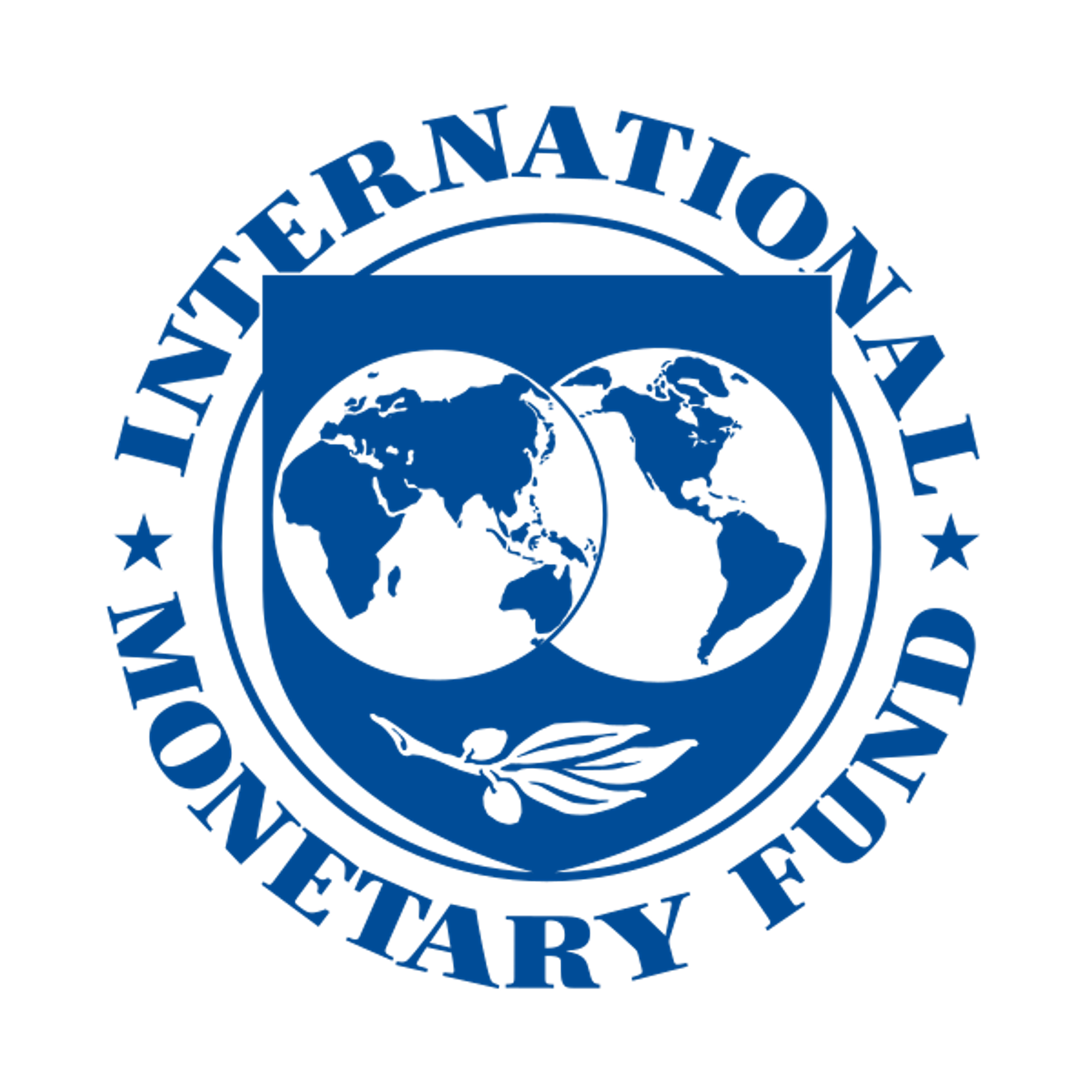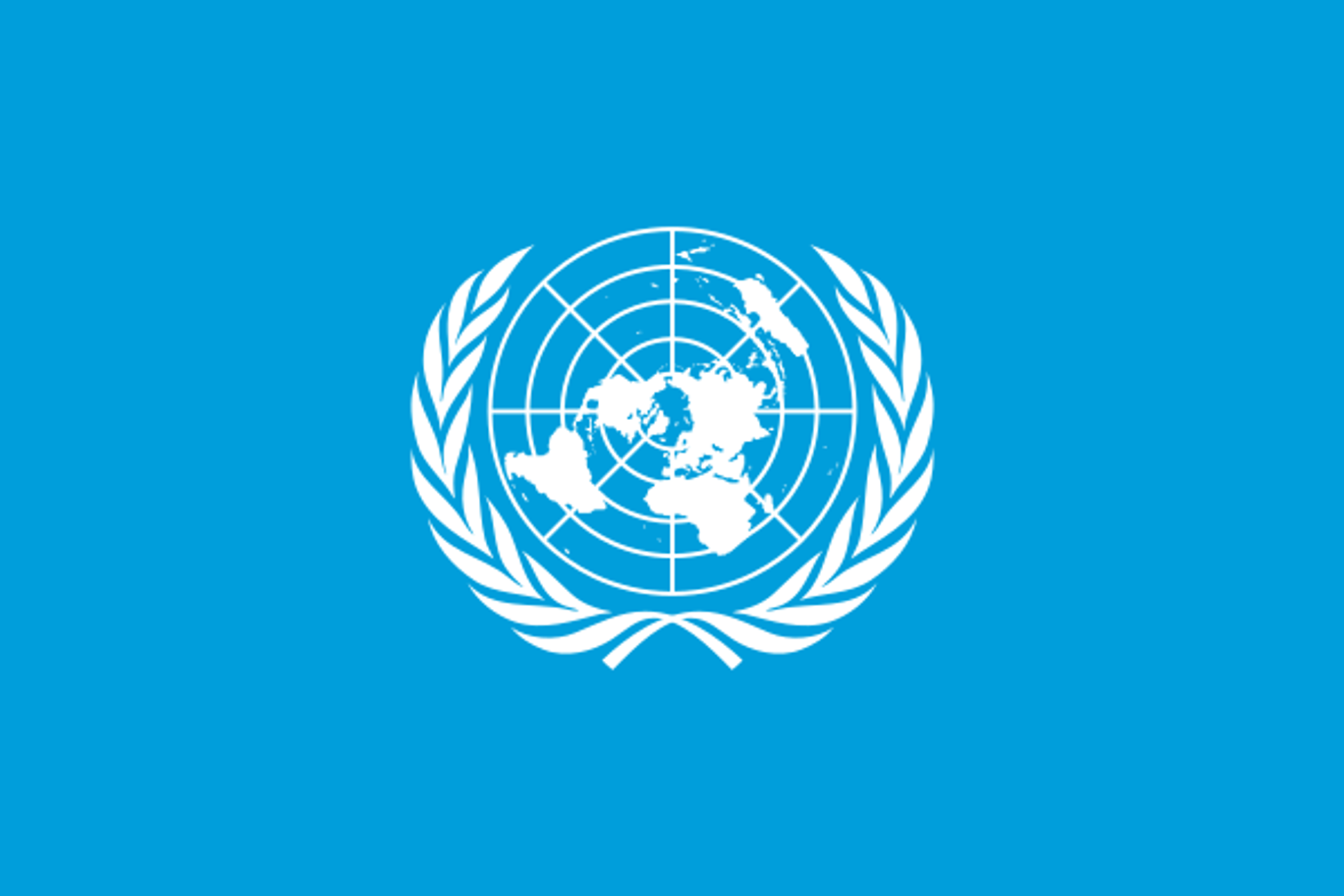
International Monetary Fund
What do people say about International Monetary Fund?
In Sweden, the International Monetary Fund (IMF) is perceived with skepticism and criticism, especially regarding its impact on national sovereignty and economic policy. Many Swedes associate the IMF with austerity measures that can exacerbate economic inequalities rather than alleviate them. The perception is that the IMF prioritizes global financial stability over the welfare of individual nations, leading to resentment and distrust. This sentiment is compounded by concerns that the IMF's interventions often come at the cost of social programs and public spending, which are highly valued in Sweden. Overall, the IMF is seen as an external body that meddles in domestic affairs with little regard for the unique economic and social fabric of the country.
Where are the conversations happening?
The analysis of sources reveals that Swedish media often highlight the IMF's controversial role in global economic crises, emphasizing its reputation for enforcing austerity measures. Critical discussions primarily occur in news outlets that focus on economic justice and social implications, where the IMF is frequently criticized for its rigid financial policies. In contrast, some financial analysts may argue the IMF's necessity in stabilizing economies but are outnumbered by voices advocating for a more humane approach.
What are the topics trending around International Monetary Fund?
Discussions around economic equality, social welfare policies, and the impact of international financial institutions on local economies are trending in Sweden.
Why are these topics trending?
These topics are trending as more Swedes become aware of the implications of IMF policies on their social safety net and economic stability, prompting debates about the balance between global financial cooperation and national economic autonomy.
How is International Monetary Fund being talked about?
Detailed breakdown of public sentiment and conversations about this entity.
Impact vs Sentiment
See how each entity's high impact percentage relates to their positive sentiment percentage from actual mentions.




